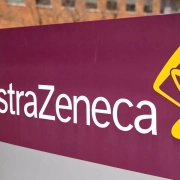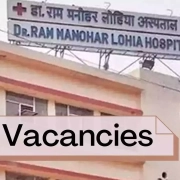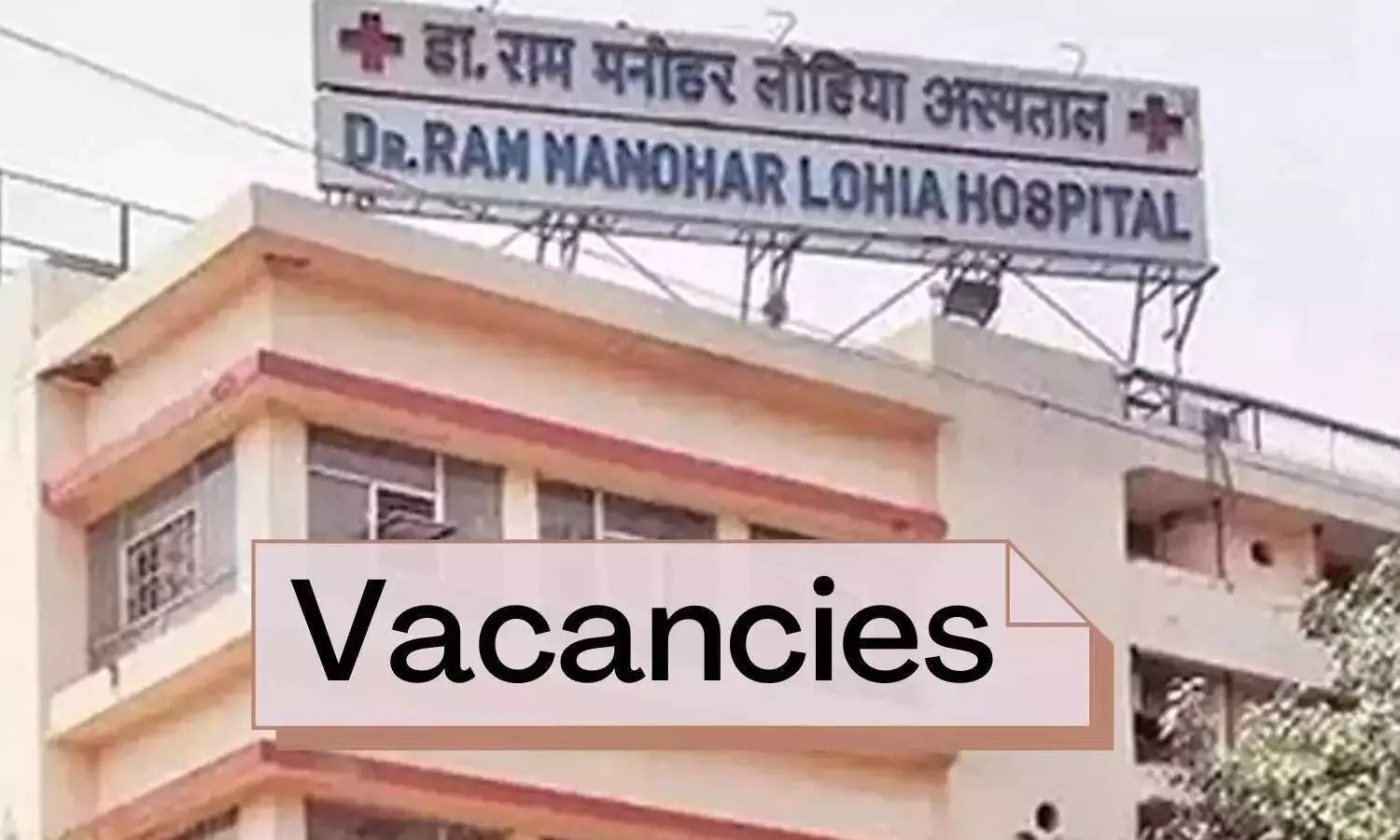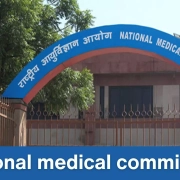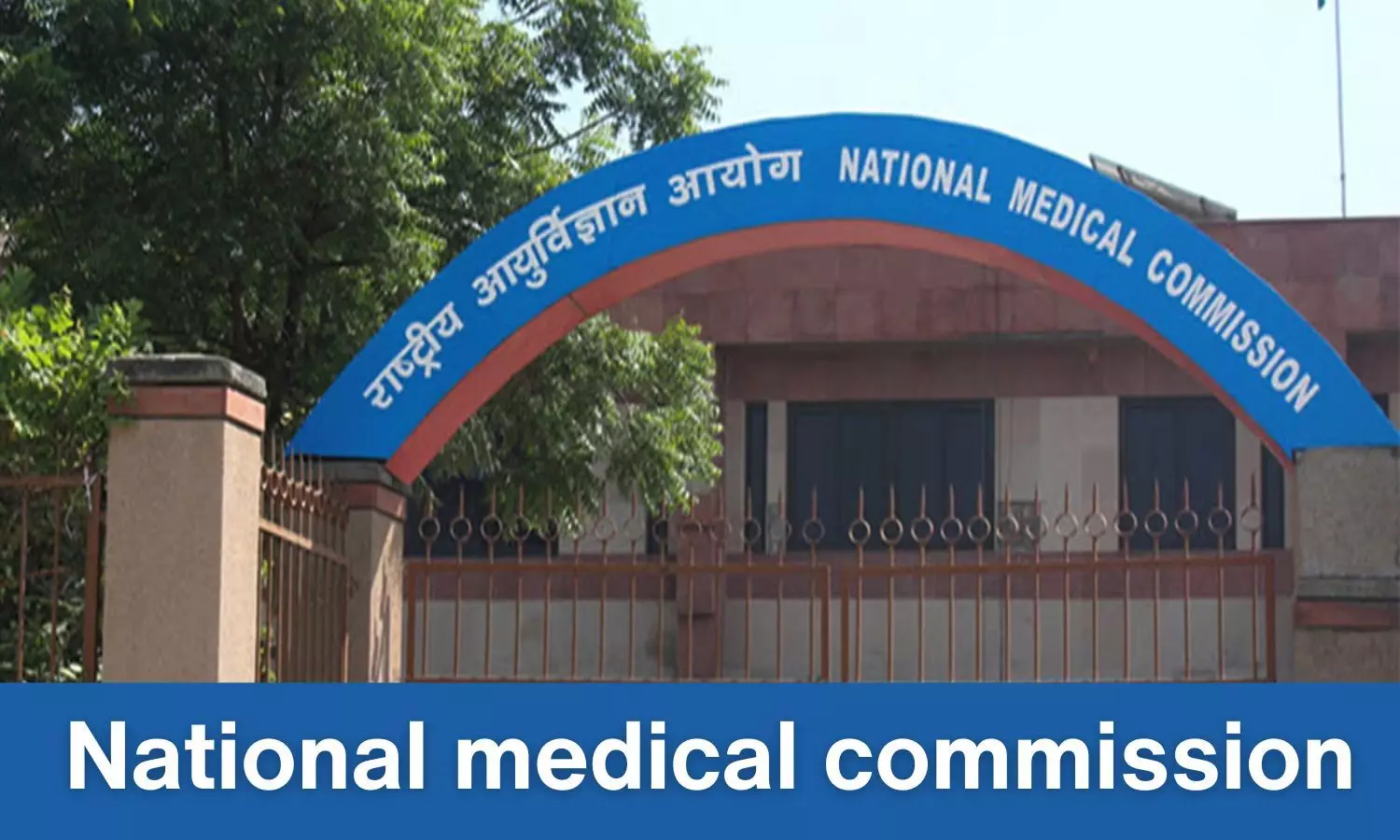AstraZeneca Truqap plus Faslodex gets nod in Japan for advanced HR-positive breast cancer
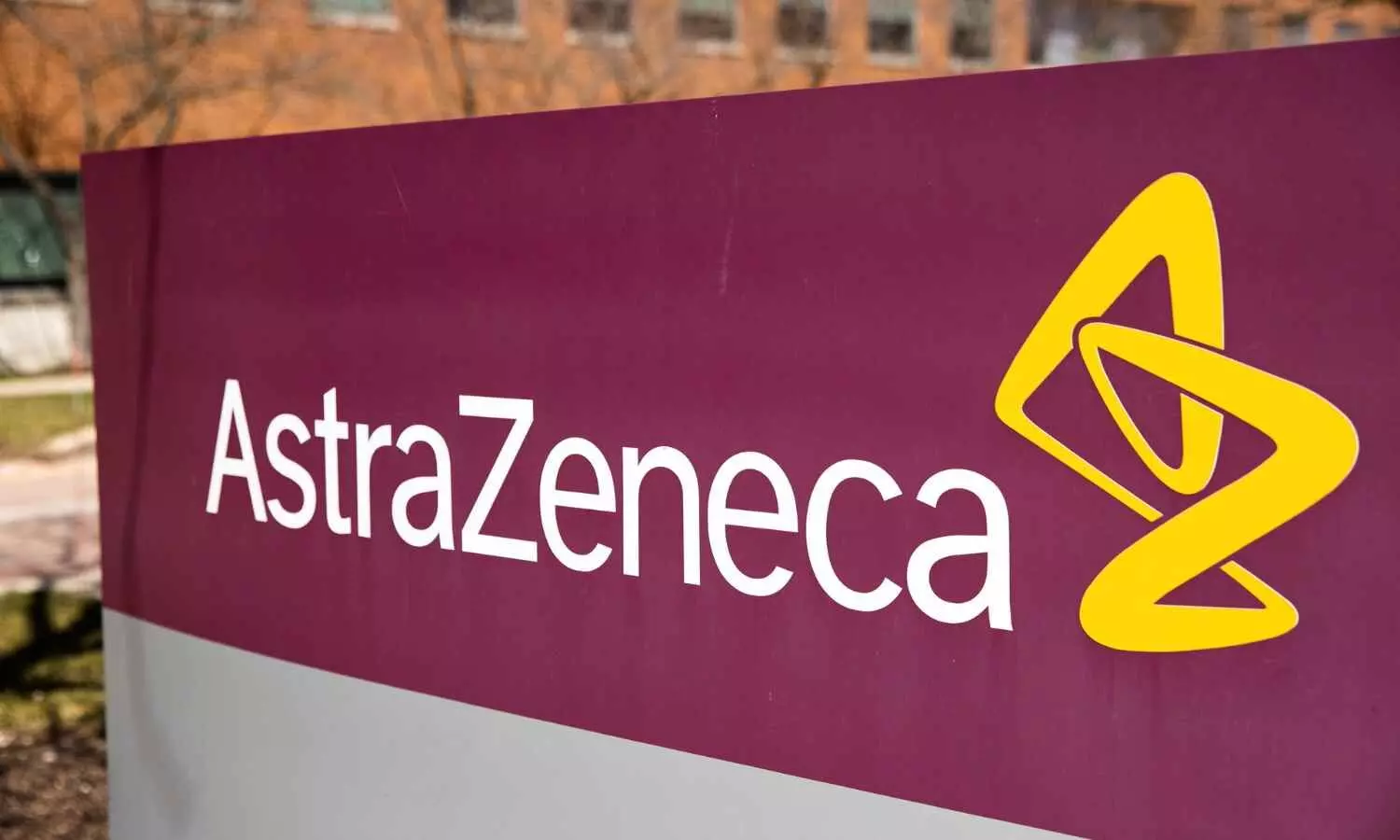
Cambridge: AstraZeneca’s Truqap (capivasertib) in combination with Faslodex (fulvestrant) has been approved in Japan for the treatment of adult patients with unresectable or recurrent PIK3CA, AKT1, or PTEN-altered hormone receptor (HR)-positive, HER2-negative breast cancer following progression after treatment with endocrine therapy.
The approval by the Japanese Ministry of Health, Labour, and Welfare (MHLW) was based on the results from the CAPItello-291 Phase III trial published in The New England Journal of Medicine. In the trial, Truqap in combination with Faslodex reduced the risk of disease progression or death by 50% versus Faslodex alone in patients with tumours harbouring PI3K/AKT pathway biomarker alterations (based on hazard ratio of 0.50, 95% confidence interval 0.38-0.65; p=<0.001; median progression-free survival (PFS) 7.3 versus 3.1 months).
In Japan, more than 90,000 women were diagnosed with breast cancer in 2022, and more than 17,000 patients died from the disease in the same year. Globally, HR-positive breast cancer (expressing estrogen or progesterone receptors, or both), is the most common breast cancer subtype, with more than 65% of tumours considered HR-positive and HER2-low or HER2-negative. Collectively, mutations in PIK3CA, AKT1 and alterations in PTEN occur frequently, affecting approximately 50% of patients with advanced HR-positive breast cancer. Endocrine therapies are widely used in this setting, often in combination with cyclin-dependent kinase (CDK) 4/6 inhibitors, but some tumours develop resistance to these therapies, underscoring the need for additional combination approaches with endocrine therapy to extend time before the initiation of chemotherapy.
Masakazu Toi, MD, PHD, Director of Tokyo Metropolitan Cancer and Infectious Diseases Center, Komagome Hospital, Japan said, “The approval of capivasertib and fulvestrant signifies a new era of care in advanced hormone receptor-positive breast cancer in Japan, providing a much-needed new treatment option for approximately half of patients in this setting who have tumours harbouring mutations in PIK3CA, AKT1 or alterations in PTEN. It is important for us to detect these specific tumour biomarker alterations in each patient we see, so that they are potentially able to benefit from this important combination to extend the effectiveness of endocrine-based treatment and delay disease progression.”
Dave Fredrickson, Executive Vice President, Oncology Business Unit, AstraZeneca, said, “Breast cancer is the most common cancer among women in Japan, and innovative, new treatment options are urgently needed. The approval of Truqap, a first-in-class AKT-inhibitor, represents a significant step forward for HR-positive breast cancer treatment and an important new option for approximately fifty per cent of patients who have tumours with these specific mutations or alterations.”
In the CAPItello-291 trial, the safety profile of Truqap plus Faslodex was similar to that observed in previous trials evaluating this combination.
The MHLW have also approved a companion diagnostic test to detect the relevant alterations (PIK3CA, AKT1 and PTEN).
Regulatory applications are currently under review in China, the European Union, and several other countries, and this indication for Truqap in combination with Faslodex is already approved in the US and several other countries based on results from the CAPItello-291 trial.
Following this approval in Japan, Astex Therapeutics is eligible to receive a milestone payment from AstraZeneca on first commercial sale of the drug in Japan as well as royalties on future sales in line with the agreement between the two companies.
Breast cancer is the second most common cancer and one of the leading causes of cancer-related death worldwide. More than two million patients were diagnosed with breast cancer in 2022, with more than 665,000 deaths globally.
HR-positive breast cancer (expressing estrogen or progesterone receptors, or both), is the most common subtype of breast cancer with more than 65% of tumours considered HR-positive and HER2-low or HER2-negative.
The growth of HR-positive breast cancer cells is often driven by estrogen receptors (ER), and endocrine therapies that target ER-driven disease are widely used as 1st-line treatment in the advanced setting, and often paired with CDK4/6 inhibitors. However, resistance to CDK4/6 inhibitors and current endocrine therapies develops in many patients with advanced disease. Once this occurs, treatment options are limited – with chemotherapy being the current standard of care – and survival rates are low with approximately 30% of patients anticipated to live beyond five years after diagnosis.
The optimisation of endocrine therapy and overcoming resistance to enable patients to continue benefiting from these treatments, as well as identifying new therapies for those who are less likely to benefit, are active areas of focus for breast cancer research.
Truqap is a first-in-class, potent, adenosine triphosphate (ATP)-competitive inhibitor of all three AKT isoforms (AKT1/2/3). Truqap 400mg is administered twice daily according to an intermittent dosing schedule of four days on and three days off. This was chosen in early phase trials based on tolerability and the degree of target inhibition.
Truqap in combination with Faslodex is approved in the US, Japan and several other countries for the treatment of adult patients with HR-positive, HER2-negative locally advanced or metastatic breast cancer with one or more biomarker alterations (PIK3CA, AKT1 or PTEN) based on the results from the CAPItello-291 trial. Eligible patients will have progressed on at least one endocrine-based regimen in the metastatic setting or experienced recurrence on or within 12 months of completing adjuvant therapy.
Truqap is currently being evaluated in Phase III trials for the treatment of multiple subtypes of breast cancer and in other tumour types in combination with established treatments. The ongoing clinical research programme is focused on tumours reliant on signalling via the PI3K/AKT pathway, and in tumours harbouring biomarker alterations in this pathway.
Truqap was discovered by AstraZeneca subsequent to a collaboration with Astex Therapeutics (and its collaboration with the Institute of Cancer Research and Cancer Research Technology Limited).
Faslodex is an endocrine therapy indicated for the treatment of estrogen receptor-positive, locally advanced or metastatic breast cancer in postmenopausal women not previously treated with endocrine therapy, or with disease relapse on or after adjuvant anti-estrogen therapy, or disease progression on anti-estrogen therapy.
In the US, EU and Japan, Faslodex is also approved in combination with CDK4/6 inhibitors for the treatment of women with HR-positive, HER2-negative advanced or metastatic breast cancer, whose cancer has progressed after endocrine medicine. Faslodex represents a hormonal treatment approach that helps to slow tumour growth by blocking and degrading the estrogen receptor – a key driver of disease progression.
Faslodex is approved as monotherapy or in combination with medicines from various drug classes including CDK4/6, PI3K and AKT inhibitors for the treatment of patients with HR-positive advanced breast cancer and is being evaluated in combination with medicines from other drug classes.
Powered by WPeMatico

